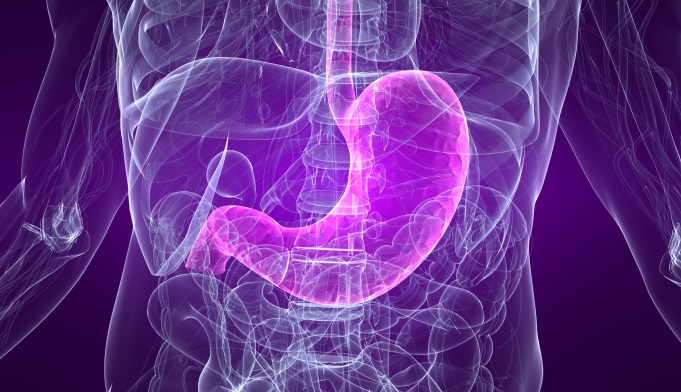

Targeting Cadherin-17 (CDH17) and CD3 with a bispecific T-cell engager (BiTE) may be a novel approach for the treatment of pancreatic and colorectal cancers. Promising preclinical study results were presented at the 2021 Gastrointestinal Cancers Symposium.
Aberrant expression of CDH17 is present in 50% to 90% of patients with gastrointestinal cancers. The aim of this study was to develop a BiTE that targets CHD17/CD3 to treat advanced pancreatic and colorectal cancers.1
For the study, the BiTE ARB202 was developed by linking an anti-CDH17 monoclonal antibody to CD3 using a short rigid linker.2 In vitro assays were used to assess preliminary efficacy against normal and cancerous cells. A mouse xenograft model was used to evaluate tumor growth after treatment with ARB202 plus human peripheral blood mononuclear cells (PMBCs) compared with PMBCs alone.1
ARB202 demonstrated cytotoxic effects against CDH17-positive cancer cells but not normal cells or CDH17-negative cancer cells. In a pancreatic xenograft model, tumor growth was inhibited in a dose-dependent manner with ARB202 co-inoculated with human PMBCs. Further, the pharmacokinetic profile of ARB202 was consistent with that of other BiTEs. Toxicity studies found no adverse effects.
more recommended stories
 Texas Medical Board Releases Abortion Training for Physicians
Texas Medical Board Releases Abortion Training for PhysiciansKey Takeaways Texas Medical Board has.
 Safer Allogeneic Stem Cell Transplants with Treg Therapy
Safer Allogeneic Stem Cell Transplants with Treg TherapyA new preclinical study from the.
 Autoimmune Disorders: ADA2 as a Therapeutic Target
Autoimmune Disorders: ADA2 as a Therapeutic TargetAdenosine deaminase 2 (ADA2) has emerged.
 Kaempferol: A Breakthrough in Allergy Management
Kaempferol: A Breakthrough in Allergy ManagementKaempferol, a dietary flavonoid found in.
 Early Milk Cereal Drinks May Spur Infant Weight Gain
Early Milk Cereal Drinks May Spur Infant Weight GainNew research published in Acta Paediatrica.
 TaVNS: A Breakthrough for Chronic Insomnia Treatment
TaVNS: A Breakthrough for Chronic Insomnia TreatmentA recent study conducted by the.
 First-of-Its-Kind Gene-Edited Pig Kidney: Towana’s New Life
First-of-Its-Kind Gene-Edited Pig Kidney: Towana’s New LifeSurgeons at NYU Langone Health have.
 Just-in-Time Training Improves Success & Patient Safety
Just-in-Time Training Improves Success & Patient SafetyA study published in The BMJ.
 ChatGPT Excels in Medical Summaries, Lacks Field-Specific Relevance
ChatGPT Excels in Medical Summaries, Lacks Field-Specific RelevanceIn a recent study published in.
 Study finds automated decision minimizes high-risk medicine combinations in ICU patients
Study finds automated decision minimizes high-risk medicine combinations in ICU patientsA multicenter study coordinated by Amsterdam.

Leave a Comment